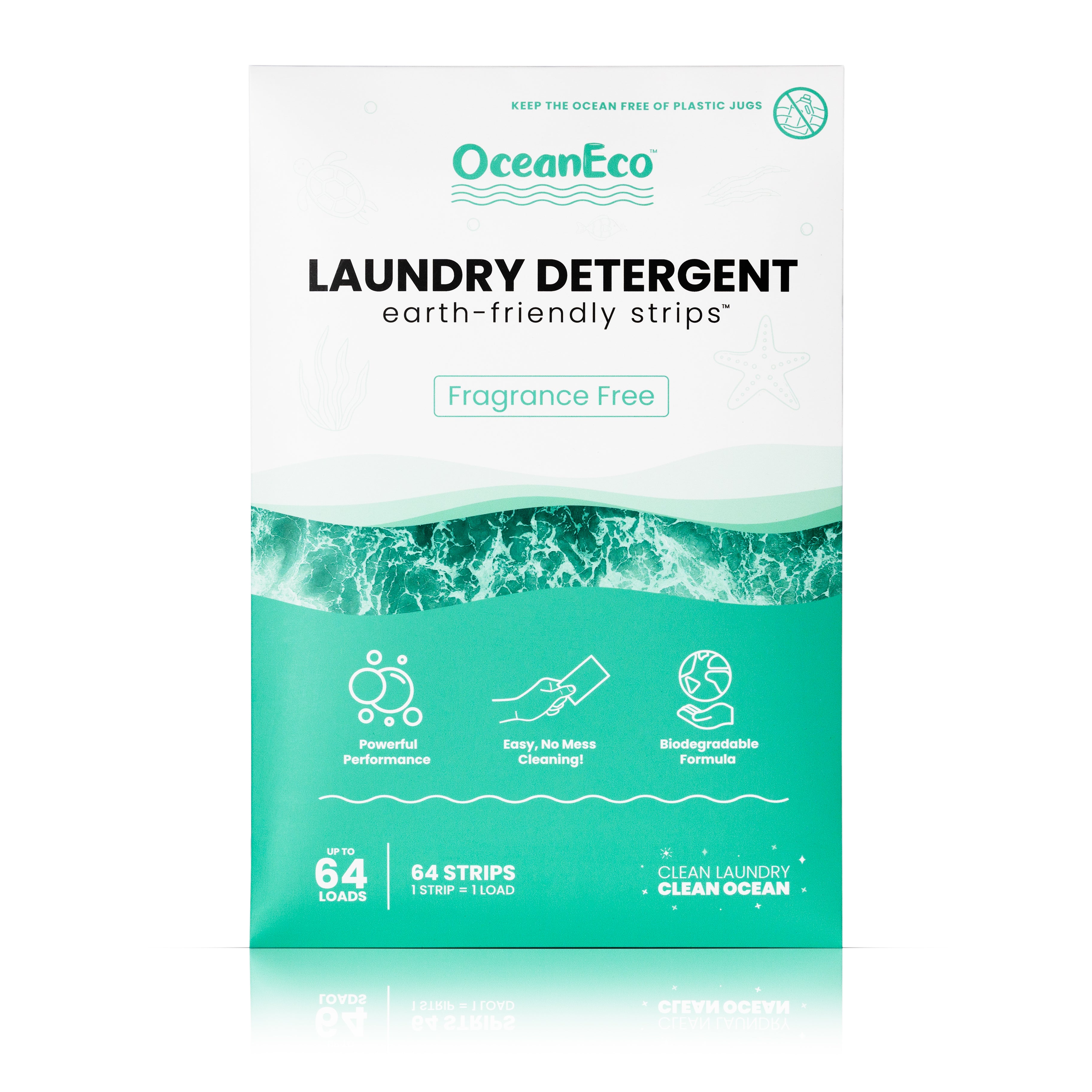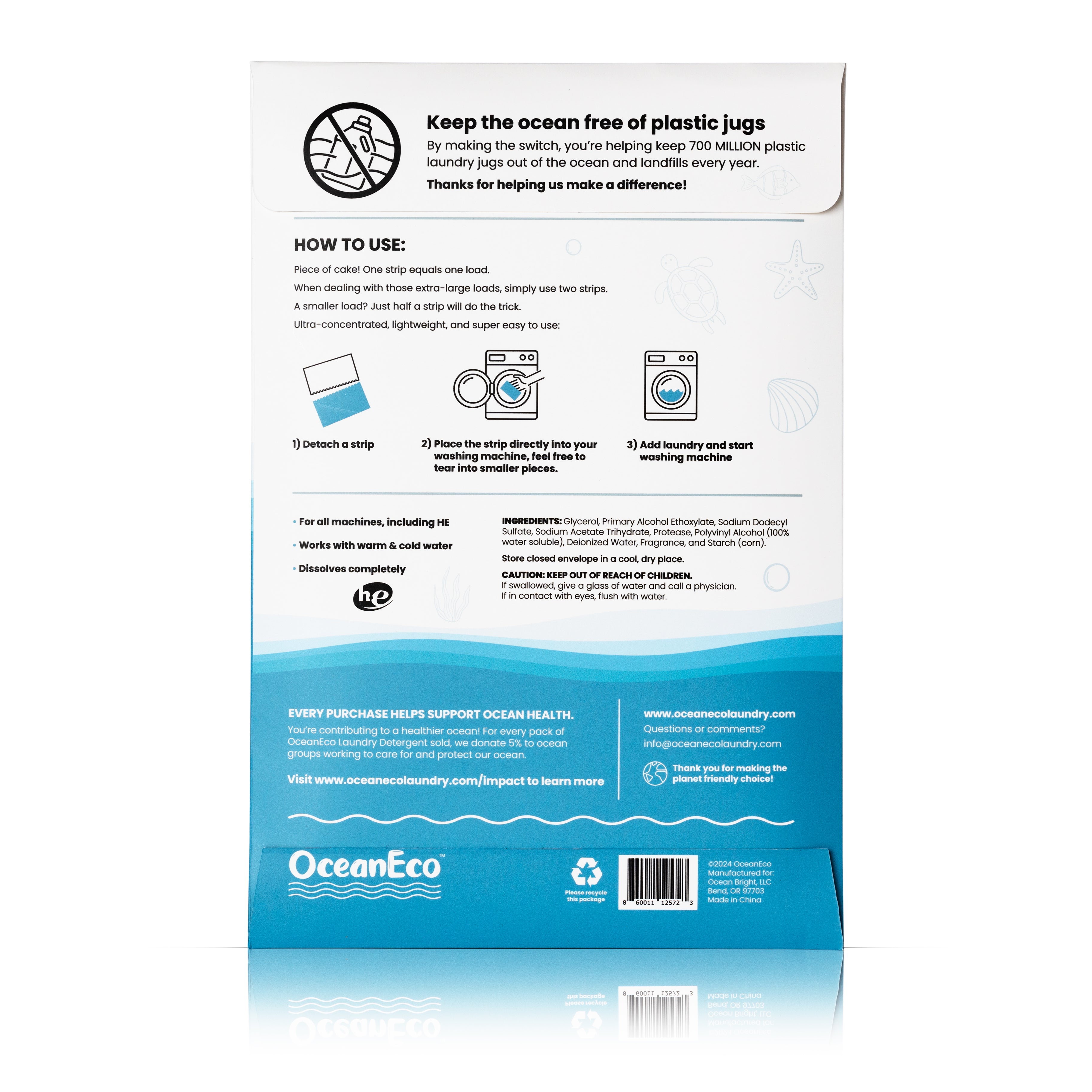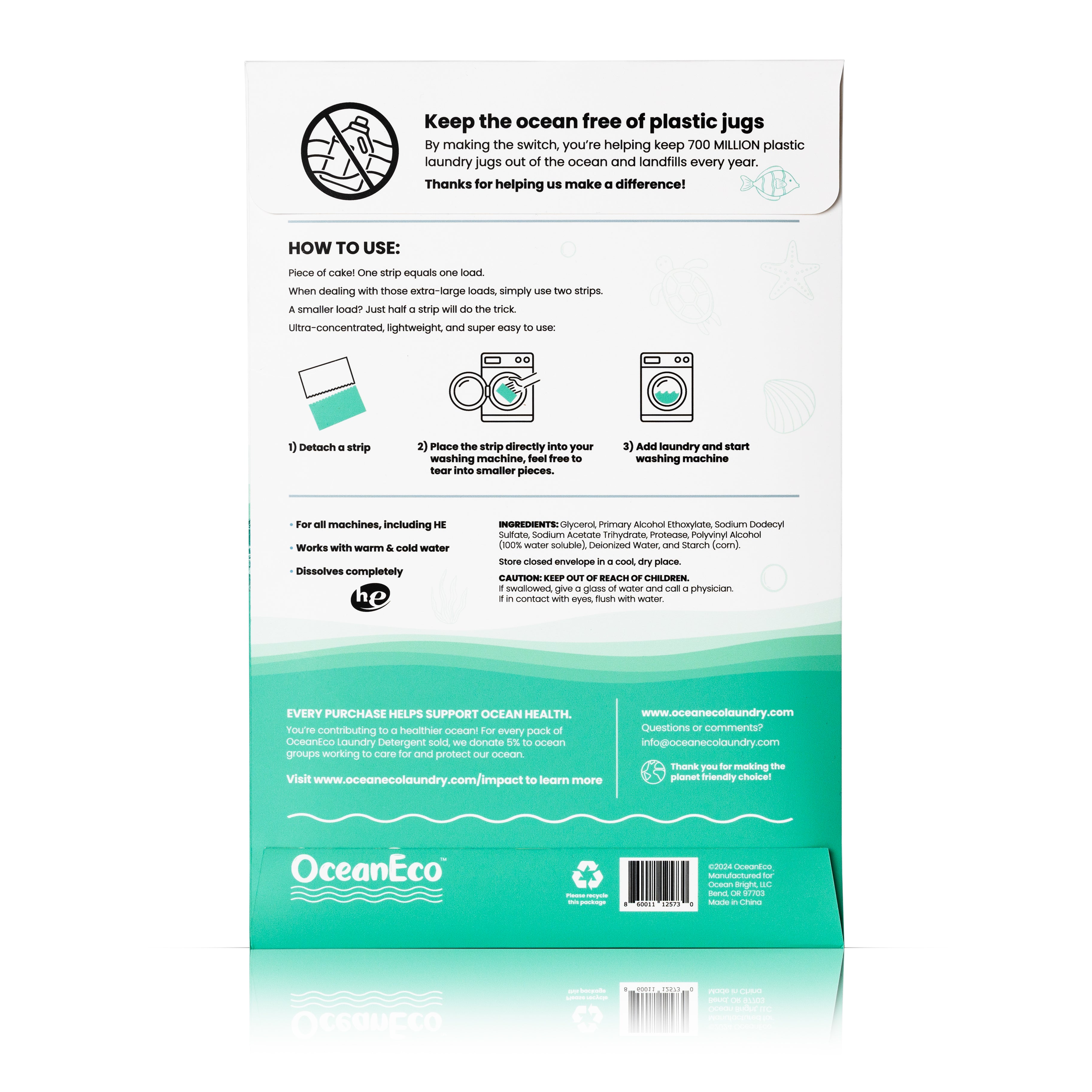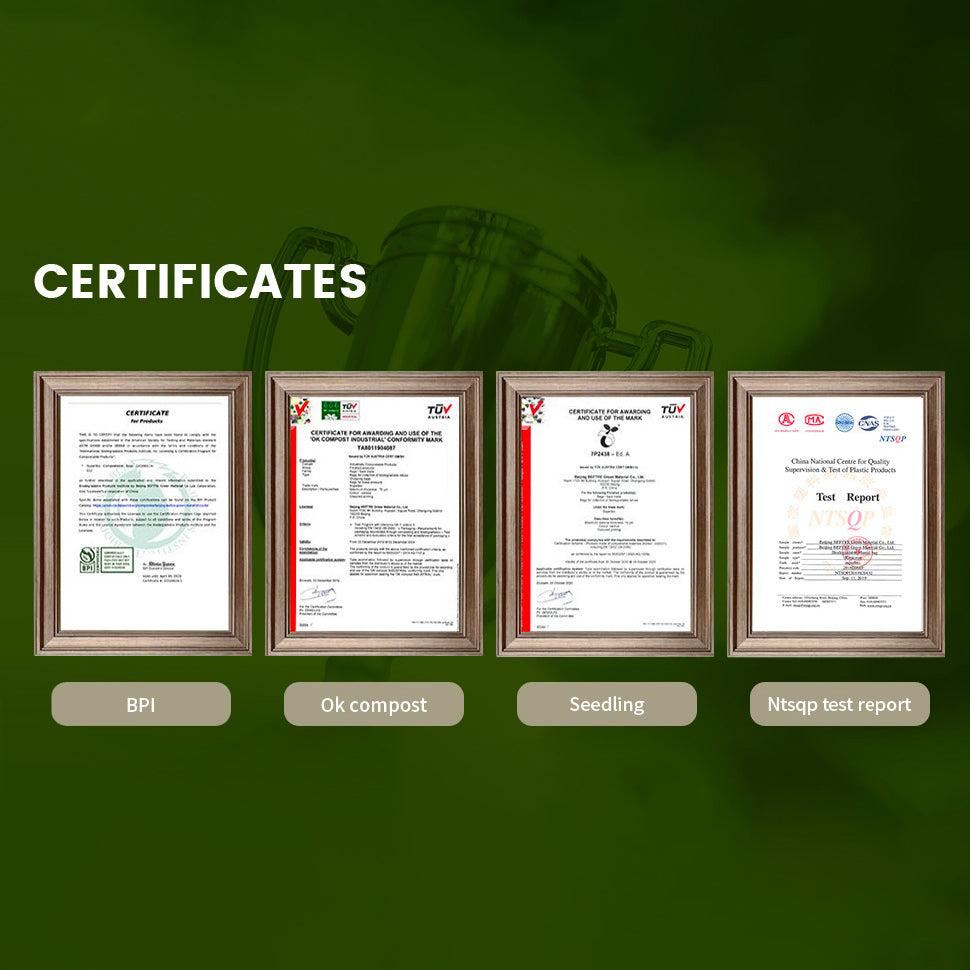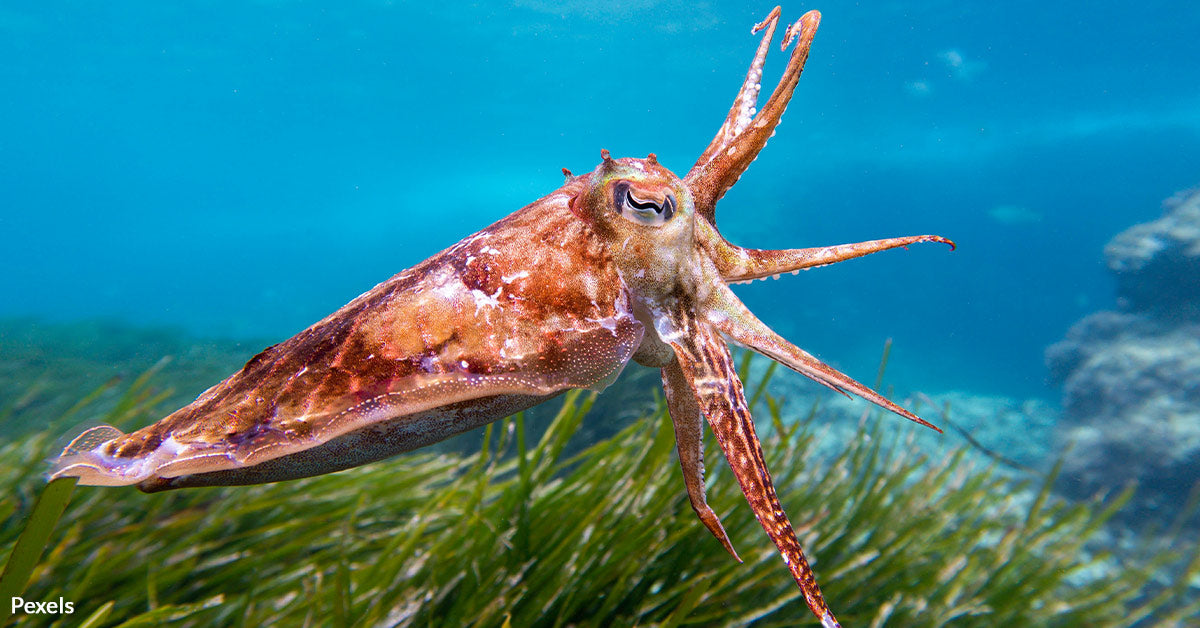Slow-Downs Could Save Marine Mammals from Noise-Driven Chaos
Marine noise pollution has emerged as a significant threat to ocean ecosystems. Among the culprits, noise generated by cargo vessels stands out, disrupting essential activities of marine mammals like whales.
Adjusting ship speeds offers a tangible solution to mitigate this issue, with far-reaching benefits for marine life.

Photo: Pexels
Cargo ships produce noise that drowns out whale communication.
How Ship Noise Affects Whales
Cargo ships are major contributors to underwater noise, particularly in low-frequency ranges that overlap with whale communication channels. Whales rely on sound for navigation, foraging, and communication. One scientific study shows how noise from ships can mask these vital acoustic signals, leading to disorientation, interrupted feeding, and diminished reproduction rates.
Research has also shown that some species, like harbor porpoises, respond to ship noise by diving deeper or altering their routes. These changes can reduce feeding efficiency and increase stress, impacting overall fitness. A study published in the Marine Pollution Bulletin found that harbor porpoises exposed to noise from ships over 2 kilometers away still exhibited behavioral disruptions, underscoring the pervasive impact of vessel noise.

Photo: Pexels
Slowing ships reduces noise pollution by up to 75%.
Reducing Speed Reduces Noise
Reducing vessel speed has been shown to significantly lower the intensity and range of underwater noise. Research shows that a 20% reduction in speed decreases noise levels by approximately 6 decibels, which can reduce the area of noise exposure by up to 75%. Slower ships produce less cavitation—the formation of bubbles that generates much of the noise—making it a practical and immediate solution for mitigating marine noise pollution.
In Puget Sound, a voluntary slowdown initiative led by Quiet Sound demonstrated these effects in real time. Over 70% of ships participating in the program reduced their speeds, cutting underwater noise levels reaching Southern Resident killer whales by half. These reductions were especially effective at frequencies used by whales to locate prey and communicate.

Photo: Pexels
Slower ship speeds reduce collision risks with whales.
Ecological and Economic Synergy
The benefits of speed reductions extend beyond noise mitigation. Slower speeds reduce the risk of ship collisions with whales, a leading cause of injury and death among large cetaceans. Furthermore, studies cited by the Marine Pollution Bulletin suggest that reduced noise enables endangered species, such as Southern Resident killer whales, to increase foraging efficiency by minimizing disruptions.
Economically, speed reductions have minimal impact on shipping costs. Larson et al. (2016) found that these measures are feasible without significantly affecting profitability, aligning ecological conservation with commercial interests.

Photo: Pexels
Voluntary slowdowns have halved underwater noise in some regions.
Challenges and Opportunities
Despite their effectiveness, speed reduction programs face challenges, including low compliance in voluntary initiatives. Expanding these programs into mandatory regulations could ensure consistent participation, as seen in pilot projects in Canada’s Haro Strait and other critical habitats. According to scientific study, enforcement combined with incentives for quieter ship designs could amplify these benefits.
Technological innovations also play a role. Retrofitting ships with quieter propulsion systems and designing hulls to reduce noise can complement speed reductions. These advancements promise a future where shipping and marine conservation coexist sustainably.

Photo: Pexels
Ship noise affects critical whale habitats globally.
The Path Forward
The evidence is clear: reducing ship speeds is an effective, scalable solution to minimize noise pollution in marine environments. Immediate implementation in sensitive habitats, supported by technology and regulatory frameworks, can significantly mitigate the impact of shipping noise on marine mammals. The successes of programs like Quiet Sound highlight the potential of collaborative efforts between industry, regulators, and conservation groups.
As the global fleet continues to grow, so does the urgency to address its environmental footprint. By prioritizing speed reductions and other noise-mitigation strategies, we can safeguard marine ecosystems for generations to come.
Click below to take action for whales!






































































































































































































